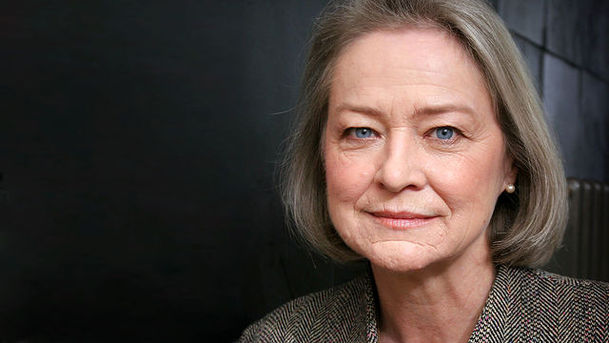From Our Own Correspondent - 08/01/2011

From Our Own Correspondent takes the sea view today - from Baku on the shores of the Caspian Sea and from a remote Indian Ocean island which has brought together a group of scientists, a hundred thousand turtles, some stranded Somali pirates and a BBC correspondent. Khosar market in Islamabad is a delightful place to go shopping. You can find a small wooden jewellery box there or perhaps a couple of Afghan brass horses, even a few packets of Weetabix. The market is an open area with so little traffic you can hear the birdsong. But now it's associated with something else - the murder of the governor of Punjab Salman Taseer. An amusing liberal and very rich man, larger than life, he met death at the hands of one of his own bodyguards after speaking out against the country's strict blasphemy laws. Many leading Pakistanis have condemned the assassination, but a surprising number have praised the killer, Malik Mumtaz Hussein Qadri. Orla Guerin has been asking if extremism is slowly gaining control of Pakistan. The United Nations has for years now deployed thousands of troops in Ivory Coast with a couple of broad objectives - keep the peace and support democracy. Both objectives are now under threat. The incumbent leader there Laurent Gbagbo is still refusing to accept what the rest of the world sees as his defeat in the Presidential elections held in late November. His opponent Allason Ouatarra has been holed-up in a hotel protected by UN peacekeepers. Mark Doyle lived in the Ivory Coast commercial capital Abidjan with his family in the 1990s. He's just been back to report on the post election crisis. Baku in Azerbaijan was one of the early oil boom towns and to this day the stuff literally oozes from the ground around the city - and now a big new offshore gas field has been discovered in the Caspian Sea not far from the coast. The find has fuelled yet more interest from international investors in what is the fastest growing republic in the Caucasus. But Jonathan Fryer's been finding out that behind the euphoria generated by the country's rapid economic development, many of its people are marked by a pervading sense of loss. It's generally agreed that Brazil's new president, Dilma Roussef, has a tough act to follow. Her predecessor Luiz Inacio Lula da Silva remains a highly popular figure - but after two terms - as the constitution requires - he has stepped down and Ms Roussef was inaugurated on New Year's Day. Her backers say she will replace charisma with managerial competence and she began by signalling that maintaining economic growth and low inflation are among her top priorities. But Justin Rowlatt, who was recently in Rio de Janeiro, says the Brazilian boom can, at times, seem a little fragile. It's not only in the Antarctic where scientists hang out in remote, cut-off communities with only each other for company. In a quiet corner of the Indian Ocean, six hundred miles southwest of the Seychelles, a group of research scientists are studying a vast pristine coral atoll that is home to an extraordinary collection of plants and animals. Besides a hundred thousand giant tortoises,there is the occasional stranded Somali pirate and that's about it. Except for our Tim Ecott.